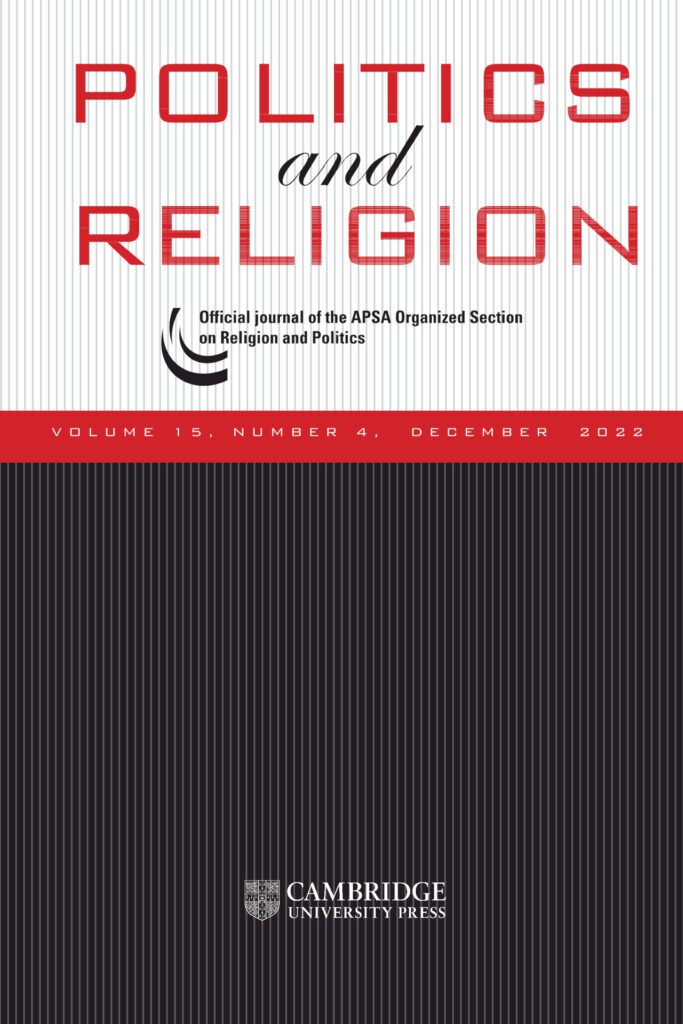The article examines the rise of “Christian nationalism” in the U.S., a political theology advocating for a prominent role of a specific form of Christianity in public life. It is characterized by the belief that the U.S. was founded as a Christian nation, prompting followers, particularly Republicans, to seek a government aligned with Christian values. Notable politicians, including members of Congress, have explicitly identified with this ideology.
Recent research links Christian nationalism to various sociopolitical beliefs such as racism, misogyny, and anti-science sentiments. A notable poll in 2022 indicated significant support for the U.S. declaring itself a Christian nation among both Republicans and Democrats.
The article identifies three main forms of American Christian nationalism: charismatic dominionism, Calvinist nationalism, and Catholic integralism.
-
Charismatic Dominism: Rooted in the New Apostolic Reformation, this movement encourages Christians to dominate cultural and political spheres based on a “seven mountains mandate,” which seeks control over family, religion, education, media, entertainment, business, and government. This strain has significantly influenced political figures, notably during the Trump administration.
-
Calvinist Nationalism: Emerging from the Reformed tradition, it emphasizes the role of secular authorities in upholding Christian faith and morality. Although views diverge, more extreme versions advocate for a theocratic state based on biblical principles. Notable proponents include theologians and political philosophers who argue for the conversion of political orders to reflect Christian governance.
-
Catholic Integralism: A response to secular liberalism, this movement argues for the integration of church and state, asserting that political structures must reflect Catholic teaching. It criticizes individual rights and promotes the idea that societal order should align with Catholic doctrine, potentially marginalizing non-Catholic citizens.
The article highlights the nuanced theological differences within these movements, suggesting that their diverging beliefs could become points of contention despite their current political unity against church-state separation and pluralism.
The conclusion emphasizes the necessity for scholars to adopt a more nuanced approach by recognizing various forms of Christian nationalism rather than treating them as a monolithic movement. Future research could further explore the evolution of Christian nationalism, its effects on political and social attitudes, and how its diverse forms interact in contemporary society.



